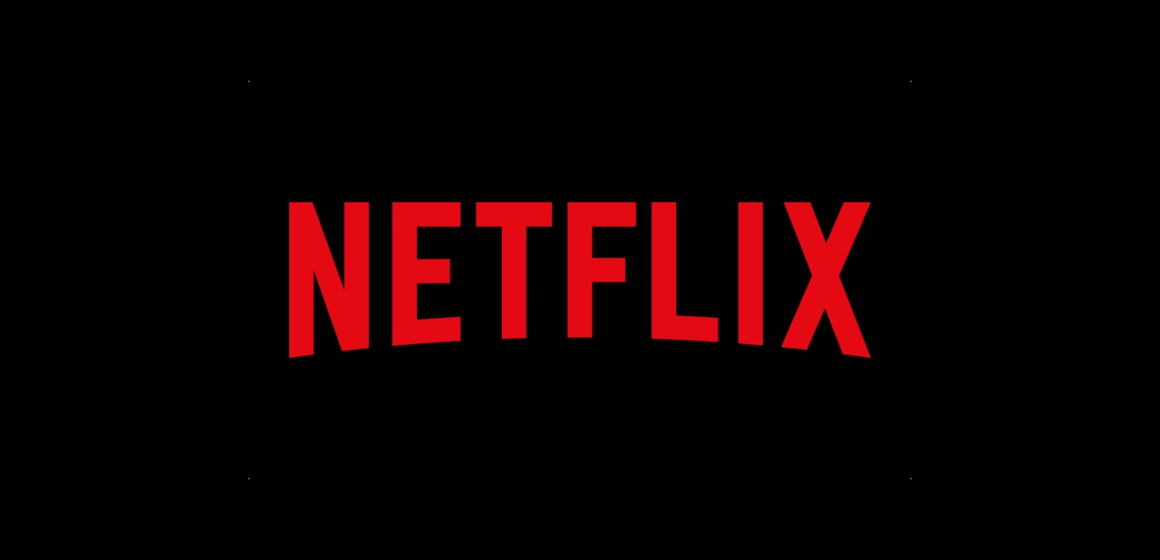The Nigerian entertainment industry has been buzzing with speculation about Netflix and its future in the country. Reports have surfaced claiming that the global streaming giant may be quietly retreating from the Nigerian market. These claims gained traction following comments made by celebrated filmmaker Kunle Afolayan at the 2024 Zuma International Film Festival. While Netflix has denied these allegations, its long-term commitment to Nigeria remains a topic of debate.
During an interview, Afolayan shared insights that fueled the ongoing rumors. He disclosed that Netflix had canceled several commissioned projects from unnamed Nigerian filmmakers, though his own multi-film deal remained intact.
Reflecting on his journey with Netflix, Afolayan expressed excitement about the initial partnership but noted the platform’s apparent dissatisfaction with the returns from its Nigerian investments. Despite the global success of some projects, Netflix reportedly seemed unimpressed by their performance within Nigeria. Afolayan stopped short of confirming the platform’s exit, but his remarks have stirred questions about Netflix’s trajectory in the country.

Adding context to these speculations is Amazon Prime’s exit from Nigeria earlier this year. Despite launching with a robust marketing campaign and a slate of original productions, the streaming service struggled to gain traction and pulled out in January 2024. The parallels between Amazon Prime’s struggles and the current Netflix rumors have heightened concerns among industry stakeholders and audiences alike.
In response to these swirling speculations, Netflix issued a statement denying plans to exit the Nigerian market. The company reaffirmed its commitment to investing in Nigerian stories and promised to continue delighting audiences with local content.
However, Netflix did not directly address Afolayan’s claims about the cancellation of certain projects. This omission has left room for doubts and further fueled conversations on social media about the platform’s intentions.
The uncertainty surrounding Netflix underscores the challenges faced by international streaming platforms operating in Nigeria. The country’s high inflation rates, fluctuating currency values, and limited internet access have made it difficult for global businesses to sustain operations. Netflix’s ₦7,000 ($4) monthly fee makes it a premium service, out of reach for many Nigerians facing economic hardship.

In addition,economic instability is not the only factor at play. The quality of local productions also contributes to the platform’s decisions. Netflix has invested heavily in Nigerian content, pouring over $23 million into Nollywood since 2016. These investments have elevated the industry, showcasing iconic titles like Lionheart, Blood Sisters, and Anikulapo. However, some commissioned projects have fallen short of expectations, marred by weak storytelling, inconsistent scripts, and poor production quality.
These shortcomings have had far-reaching implications. While Netflix helped set new standards for Nollywood, the failure of some projects to meet those standards may have influenced the platform’s reported cancellations. This situation highlights the need for Nollywood to prioritize quality over quantity, ensuring that its productions can compete on the global stage.
If Netflix were to leave Nigeria, the impact on the entertainment ecosystem would be significant. For audiences, Netflix’s departure would mean losing access to a wide variety of international and local content. For filmmakers, the platform’s absence would reduce opportunities to showcase their work to a global audience, potentially slowing the industry’s momentum.

Nonetheless, the Nigerian entertainment industry has proven its resilience time and again. Local platforms and emerging players could step in to fill any gaps left by Netflix, ensuring that the industry continues to thrive. However, this transition will require collective effort and strategic planning.
Nigerian filmmakers must focus on creating compelling stories and delivering world-class production quality. Strong narratives and high standards are essential for sustaining audience trust and attracting investments. At the same time, policymakers need to address the broader economic challenges that impact the entertainment industry. Stabilizing the naira, controlling inflation, and expanding access to affordable internet will go a long way in creating a more enabling environment for both businesses and consumers.
For audiences, affordable subscription models and improved access to streaming platforms are crucial. Streaming services must consider the realities of their target markets and adapt their pricing strategies accordingly. A collaborative effort between creators, businesses, and the government can ensure that Nigerian stories continue to resonate globally while remaining accessible to local audiences.
While uncertainty surrounds Netflix’s future in Nigeria, one thing is certain: the power of storytelling remains deeply embedded in the country’s culture. For now, the industry must focus on building a sustainable system that celebrates its unique stories and captivates audiences both at home and abroad.
We’re amazed to have you as a member of our community. Your time here means so much to us. Just to let you know, we organise workshops, seminars, and youth engagement programmes. Therefore, we indulge you to partner with us for sponsorship and other forms of social enterprise. Find other related articles on our website and follow us on Instagram @InsideSuccessNigeria for more updates.


Leave a Reply